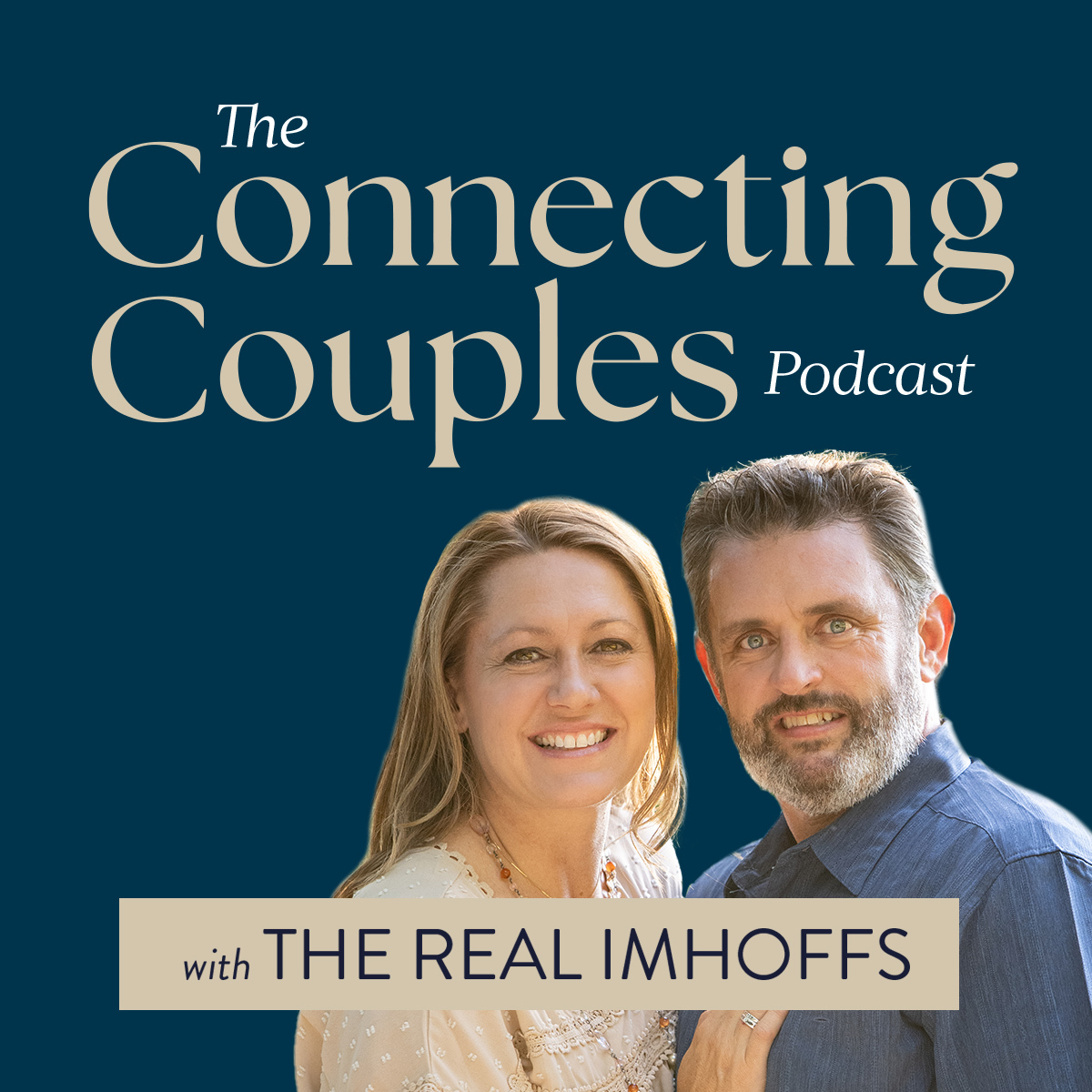Episodes

Wednesday May 04, 2022
Pursuers and Withdrawers: Episode 1- What Growth Looks Like
Wednesday May 04, 2022
Wednesday May 04, 2022
Connecting Couples Podcast: Series: Pursuers and Withdrawers
Episode 1 Show Notes. We're back from our 6-month hiatus.
First 5 minutes:
A deeper dive into both roles in the relationship cycle. Understanding more the Pursuers and the Withdrawers; their motivations, the things we love, the things that are challenging, what the strategies look like in ‘escalation’ and ‘de-escalation’.
How does this content impact your relationship (what growth will look like).
Minutes 5-10:
In process- pursuers tend to share as they go and withdrawers tend to want to have it built before they share it. Can (either strategy) recognize their own process and let your partner know about it.
The goal is NOT that you switch roles- that pursuers would become withdrawers or withdrawers would become pursuers. A healthy goal is possibly that pursuers can understand their part and share their internal process more and that Withdrawers can understand their part and let their partner in on it more.
Escalation- when the relationship is under distress and one or both partners feel heightened emotion and strategies are quickly in play. Your body is sending you strategic messages based on how you are reading or assessing the interaction. Messages might be: I’m going to be left (abandoned) as a pursuer, or I’m going to be ‘in trouble’ and I’ll shut down as a withdrawer.
Minutes 10-15:
Before understating strategies and attachment (or EARLY into your understanding of the Pursuer and Withdrawer strategies) ... you know you and your partner don’t ‘communicate’ affectively and you get into fights that don’t feel resolved. Pursuers have a tendency to increase energy and can blame their partner. Withdrawers have a tendency to shut down and often take the blame on themselves.
Couples who ‘don’t fight’ aren’t necessarily de-escalated. Not fighting might be a strategy that reduces conflict, but doesn’t always make us feel securely connected, or seen and heard.
De-escalation. Does NOT mean you will not fight. It means we can understand more what is happening, repair more, and are able to ask for our needs to get met in a way that our partner understands.
Statistic- couples often stay in distress for up to 7 years before asking for help from a therapist.
Once you get help, how can you tell if the help is making a difference. What will it look like when a couple is in a more secure place that is less escalated and more aware.
Minutes 15-end:
If you can have a conversation with your partner about what your emotional experience is (instead of discussing the content or jumping to strategy), it really starts to shift your relationship.
Growth that happens- now that I have awareness, there is a better chance for a good repair. My growth is reflected by my ability to return to a fight with the part I played and what my experience was (self-focused on own behavior and own motivations versus partners).
Connect Point: First identify (or remind yourself and your partner) what strategy you lean to in distress. Are you a Pursuer or a Withdrawer? Then, identify one or two of the moves you most likely go to and share YOUR typical moves with your partner. Let your partner share their own moves with you.
For more information about Chad and Angela, check out their website: www.therealimhoffs.com


No comments yet. Be the first to say something!